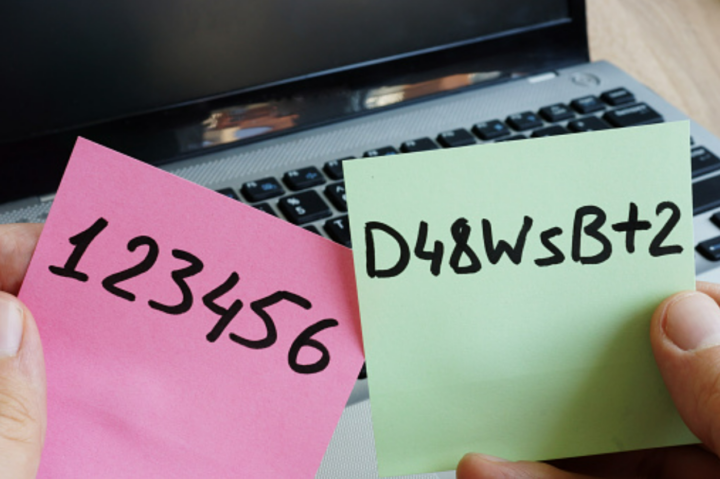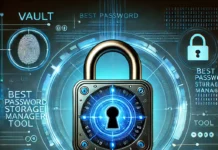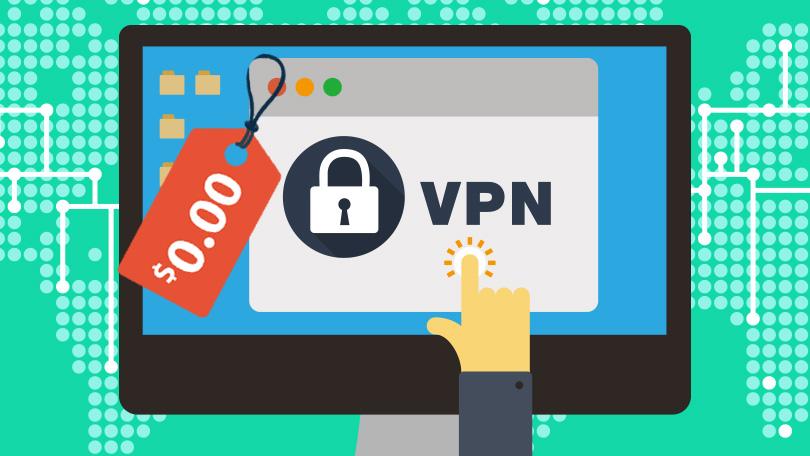Maintaining passwords is easy, right? Well, not as easy as you think. You should adhere to certain precautions when changing or creating your passwords on any service, platform, or app. Passwords are a gateway into your private data, and as such, you should treat them with all cautiousness.
According to ExpressVPN’s study on passwords, a frequent password reset can threaten your online security and increase the risk of losing access to your accounts.
The Top 10 Tips For Keeping Your Passwords Strong in 2023

Here are 10 of the best tips to keep your password strong; preventing data breaches, and other password-related security issues in 2023 and beyond:
-
Never Use Common Passwords
Common passwords include frequently used numbers, dictionary words, or popular names. If you use these as your passwords, you’ll have a bigger chance of getting hacked since this information is widely available online.
If you must use such passwords, mix it up with symbols or numbers, so they become practically impossible to guess.
-
Don’t Click Save Password on Public Computers
When you log in to your online accounts on a public computer (a cyber cafe or someone’s computer), don’t click on the “Save Password” prompt. Giving such authorization will grant anyone access to your online accounts when they use that computer. Feel free to save your passwords on a computer owned and operated by you alone.
-
Always Delete Password Reset Emails
In most cases, once you click on the password reset link sent to your email, the link becomes invalid, which means it cannot be opened again.
However, not all service providers deliver this type of reset link. Hence, to be on the safe side, once you reset your password, delete the email.
-
Use Long Passwords
 Longer passwords are not as easily guessable as short ones. You may want to combine two or more different words to create a very strong password. You may also use alphanumeric passwords (passwords that combine letters and numbers).
Longer passwords are not as easily guessable as short ones. You may want to combine two or more different words to create a very strong password. You may also use alphanumeric passwords (passwords that combine letters and numbers).
-
Get a Trusted 2FA Mobile App
Mobile applications such as Google or Microsoft Authenticator are reliable to use as your 2FA app for applications that support such logins. These apps protect your login details to a great extent, so even if someone wants to access your account (after knowing your password), they would still need to pass the 2FA process.
-
-
Don’t Use Straight Words
-
In addition to not using common words, don’t also use straight words as passwords. Straight words in this context are words like Daniel, Jasper, Ghost, and other dictionary words.
These are easily guessable, and some phishers try such words first when trying to hack into an online account.
-
Use a Trusted Password Manager App
It is not advisable to use the same password for all your online accounts – many people make this mistake because they do not want to forget their passwords. Well, that’s why password manager apps are available.
A password manager lets you save all your passwords, so even if you forget, you can open the app and pick the particular password you need.
-
Never Send Out Your Passwords to Anyone Online
If you get chatting with a company or supposed customer support team of a service you use and they request for your account login details, don’t send it to them! That’s most possibly a scam account.
Similarly, if someone should request your private credentials online, don’t send it to them, except via secured one-time view mediums.
-
Including Symbols in Your Password Is a Smart Idea
Some service providers or applications will request you to combine symbols, numbers, and letters when setting a password. This helps strengthen your account’s security. Passwords that combine these three factors are harder to break.
If you’re scared you won’t remember the combination after setting up the account, use a password manager app to store the password.
-
Don’t Reuse Passwords
If you changed your password and need to change it again, don’t reuse any passwords you’ve used earlier. It is best to always come up with a unique construct each time you want to change your password.
What More?
Well, these are some useful tips and cautions you should know about creating and maintaining strong passwords in 2023. Bear in mind to always keep your passwords private and unique.

















